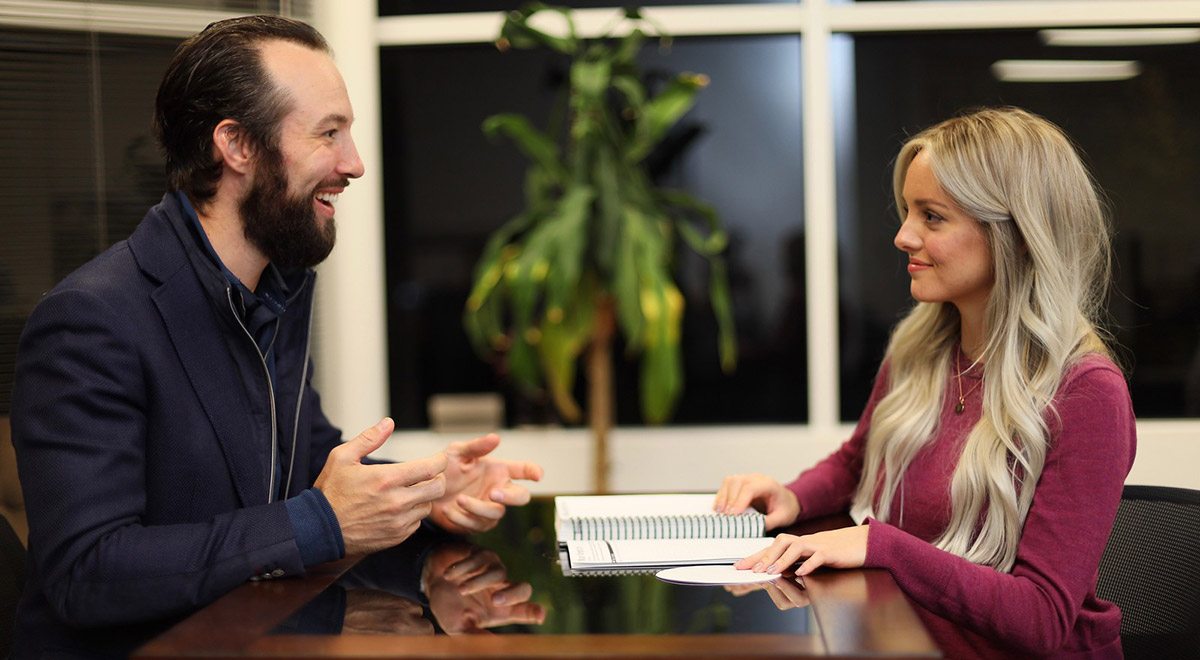Dianetics Fundamentals Explained
Dianetics Fundamentals Explained
Blog Article
Little Known Questions About Dianetics.
Table of Contents6 Easy Facts About Dianetics DescribedGetting My Dianetics To WorkThe Best Guide To DianeticsThe smart Trick of Dianetics That Nobody is Discussing
I couldn't ever not intend to obtain anything that enters your mind for you- if it was or else, I would not be sitting right here with you, doing this. I not just could never have a problem, or not wish to listen to something that comes to mind for you, but I'm entirely anxious to know every idea, every idea, every image or sensation that emerges or manifests for you- don't ever before believe otherwise, and if for one reason or another you do, please simply let me understand! Often, you might have an idea, and photo, idea or case pop up that does not appear to address the inquiry, or relate to it, however however, constantly do inform me regarding it, and as we continue, the relevance will certainly arise for you.This is fundamental in the basis of handling, and the subject of this conversation: the standard duties of the therapist and the customer: The fundamental role of the therapist is, unlike "basic training", not to control, which implies to enforce and/or prevent, yet to rather function from the basis of EMPOWERING THE CLIENT.

A Biased View of Dianetics
John Mcmasters expressed this standard truth wonderfully well in one of his talks on Power processing, where he describes just how he was asked what this "special propensity" was that he had for offering such fantastic sessions; he had to think of that for a minute, and detected that it was what he had not been doing, in addition to what he was doing: he wasn't reviewing, evaluating, computing, or actually, generating any type of ideas, not to mention spoken expressions, after offering the command and while waiting on the PC to complete their response to their satisfaction; he was, merely and only, existing with the computer, and completely interested.
The role of the counselor, showed; that was his "special propensity". I have had my very own experience which showed me this well, you could look here extremely at an early stage in the game. In 1982, having just recently finished my training and teaching fellowship on New Age Dianetics, I was running this on a PC, and there was a point in the session where (being a bit wet behind the ears not yet having lots of hours under my belt as a professional auditor) the PC appeared to be "taking also lengthy" to express anything vocally after I gave him a command.
This trick became one of the most valuable contribution that John ever before made to the subject of treatment or auditing (Dianetics). In my simple opinion, it is the best payment that anyone has ever before made to these subjectsthe application is completely non-judgemental, non-evaluative, and without any type click for more info of pointer, advice or opinion.no preconceived program for individuals, or 'degrees' that they must do
In Idenics, the only resource of info regarding a customer is the private client. In Scientology we prided ourselves on not evaluating for individuals. All that really suggested was that the auditor did not Vocally examine for the PC in session. The registrars and ethics officers examined for the computer.
Getting My Dianetics To Work

Any individual that had actually ever seen John audit could not aid but discover a special quality in his bookkeeping."The client's standard duty is to be there with the objective of relocating the instructions of their spiritual goals, and to freely and completely Source express and experience whatever shows up for them in responding to the inquiries and implementing the instructions in the processing.
This is something to procedure as required. However additionally, individuals regularly have previous experience and/or indoctrination in auditing/processing which, somehow, and to some degrees, in fact misinforms them into attitudes, ideas and behavior patterns that stop the full realization of these roles, therefore they will certainly tend to hinder the expressing of what enters your mind, as in the instances provided above. * The first, and maybe primary examples of mis-indoctrination leading to much less than entirely smooth and effective sessions, can be located in specific facets of the training routines, or "TR's":"TR's" are often an individual's very first, or at the very least early, experience in Scientology, and while I will certainly go on to explain what I view as the problems in principle and technique, nonetheless, tend to be significantly therapeutic, done as they are offered (Hubbard insists that "TR's are not refining, they are training", yet factually, they are both processing AND training)
There is no "failing", and no denial of the fact of this being processing. The emphasis, as it needs to be, is on experiencing the other person's presence.
Excitement About Dianetics

Report this page